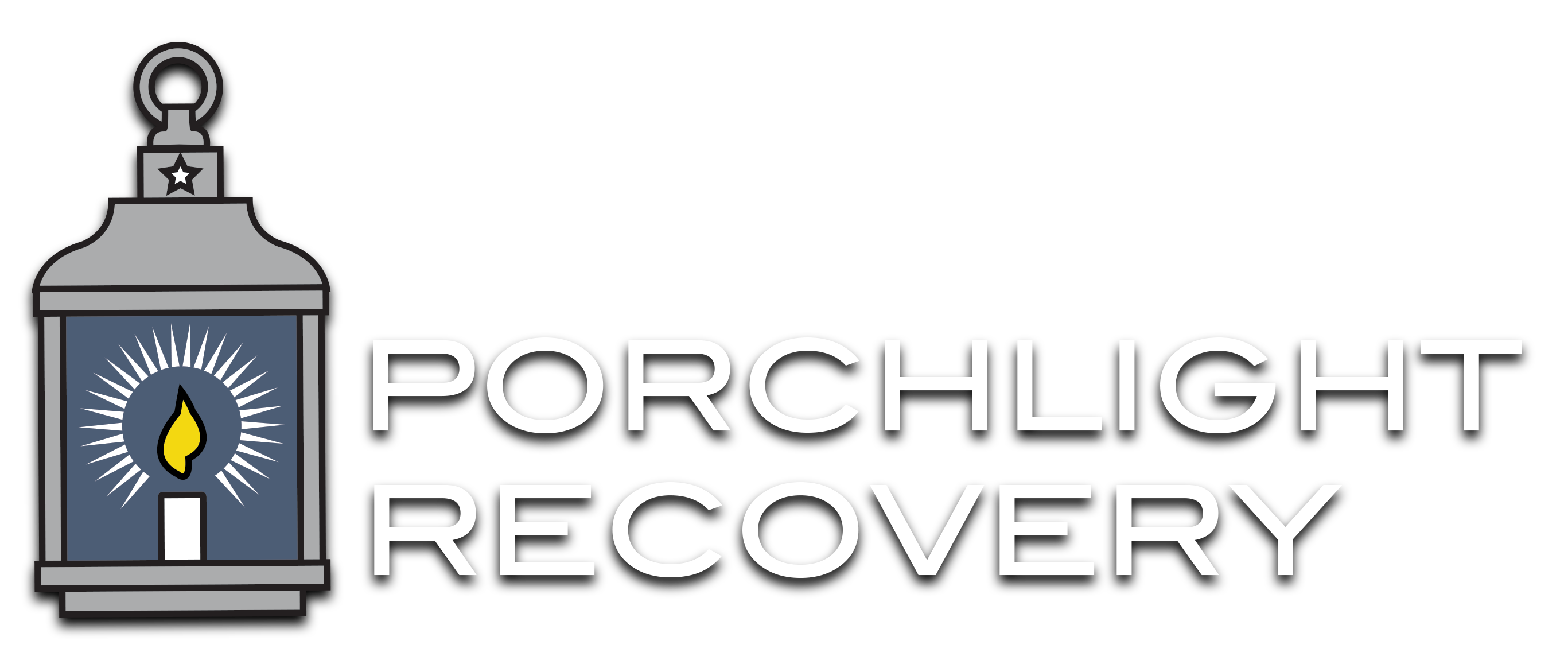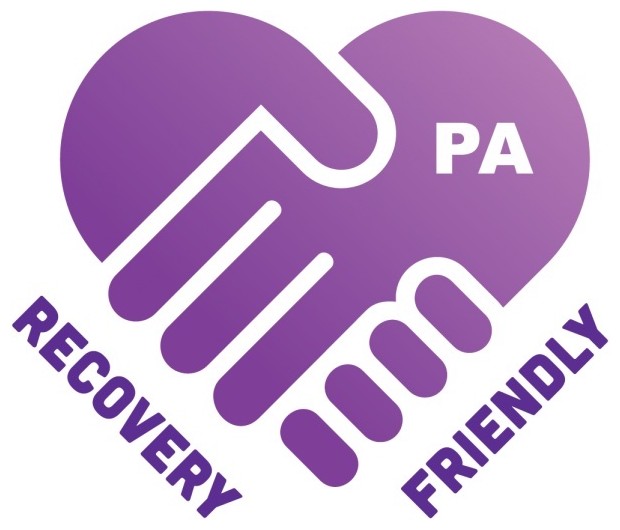WHAT IS CANNABIS?
Cannabis is the leaves, flowers, stems and seeds of the cannabis sativa or cannabis indica plant. The cannabis plant contains the chemicals THC and CBD. Cannabis is one of the most used drugs in the United States and has been legalized on a wide-spread scale for medicinal and recreational uses. However, cannabis does contain a mind-altering substance that can create legal problems, accidents, and family/social issues. If you or your loved one is struggling with cannabis addiction, please seek help from an addiction specialist.
WHAT ARE THE SIGNS OF CANNABIS USE?
1. Behavioral symptoms such as: frequent absence from work/school, declining performance at work/school, losing interest in activities or other previously significant events, increased deceit/secrets of whereabouts.
2. Physical symptoms such as: bloodshot eyes, dry mouth, increased appetite, fatigue and lethargy, excessive sleepiness, impaired balance, poor coordination.
3. Psychological symptoms such as: inability to focus, delayed responsiveness, paranoia, poor judgment.
4. Social symptoms such as: withdrawing from family and friends, struggling to keep up with workload, loss of job/drop out of school, financial issues due to cost of drugs.
WHAT ARE THE LONG-TERM EFFECTS OF CANNABIS?
The long-term effects of cannabis use are different for each person, depending on duration and severity of use. Some of the most common are:
1. Pulmonary and Cardiac issues
2. Delayed cognitive processing
3. Injuries from risky behaviors while under the influence
4. Financial and legal issues
5. Family and social issues
WHAT DOES DETOX LOOK LIKE FOR CANNABIS?
Each individual is different in how the body responds to detox, depending on the frequency of use, length of time of use and physical health of the person affected. Some of the symptoms of cannabis detox are:
1. Strong urges for cannabis
2. Sleep issues
3. Sexual dysfunction
4. Depression and irritability
5. Loss of appetite
6. Problems focusing or concentrating
Cannabis detox duration can vary, symptoms typically peak within the first few hours and gradually improve over the course of a week or so. Some symptoms, such as anxiety and sleep disturbances may persist for a longer period of time. Cannabis can stay in the blood and urine stream 30 days at minimum, depending on the amount and frequency of use.
WHAT DOES A RECOVERY PROGRAM LOOK LIKE FOR CANNABIS?
It is important for an individual to begin a recovery program for support and success in staying abstinent from cannabis. Individuals are encouraged to participate in either residential treatment facilities, or Outpatient services that work around their individual needs. Recovery programs are often personalized to address specific needs and the goal is a comprehensive support system that addresses the physical, emotional and social aspects of recovery from the addiction.
Some of the main components of cannabis recovery include therapy and counseling to address underlying triggers and issues, both individual settings and group sessions have been proven to help. Educating an individual and their loved ones about the effects of cannabis on the body and mind, developing coping strategies and relapse prevention skills. Making lifestyle changes to involve adopting healthier habits, such as regular exercise, improved nutrition and stress reduction techniques. Aftercare planning and family involvement help with developing a plan for ongoing support after the formal treatment program ends and involves family in the recovery process can be beneficial for both the individual and their loved one.




